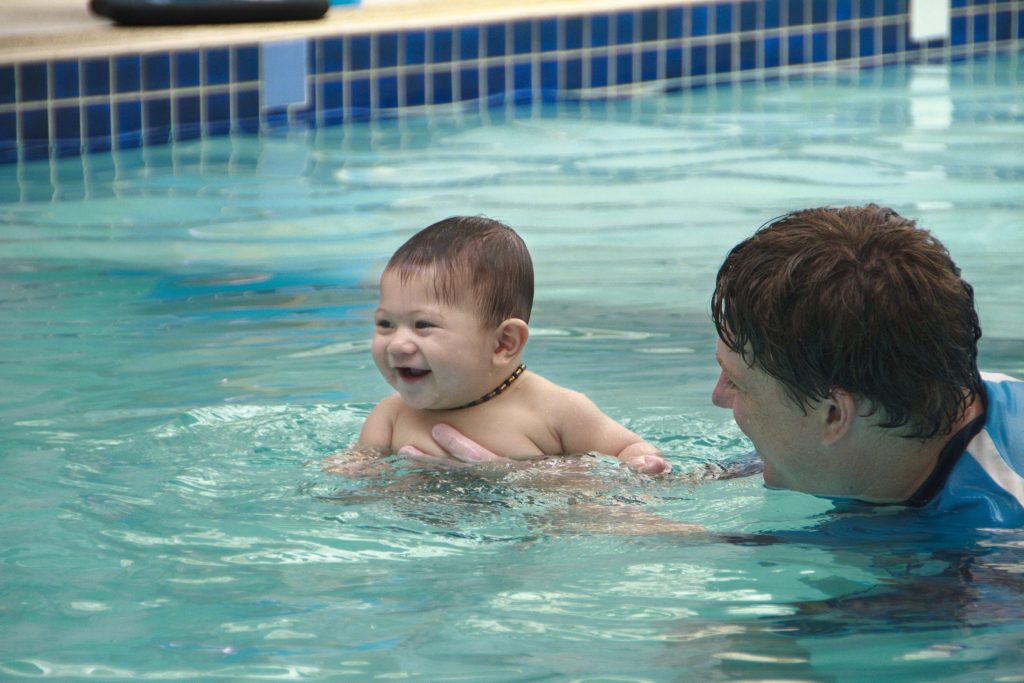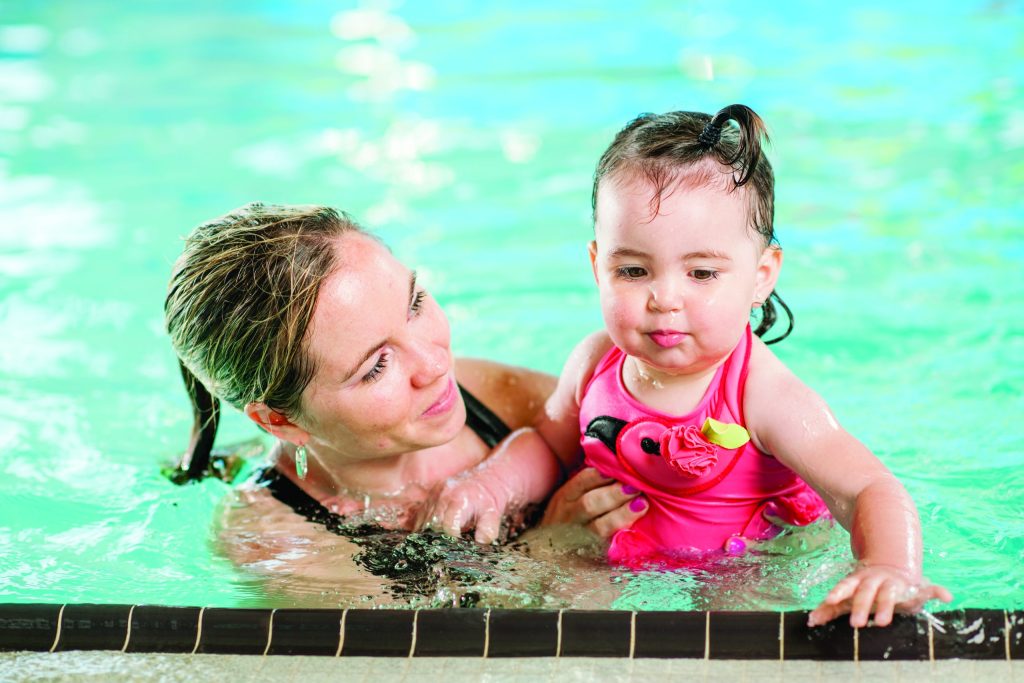Most people assume that swimming is not safe when the temperature drops. However, this is a myth since winter is a fantastic time to get in the water and improve your swimming skills. With proper guidance and safety practices, winter swimming can be highly beneficial. Therefore, we debunk common misconceptions and present scientific evidence about winter and cold water swimming.
The Common Myth of Winter Swimming
You may have heard many times that swimming during winter can contribute to health issues. For instance, many believe swimming in cold water can cause middle ear infections, colds, and heart problems. One of my students shared a similar story, which resonates with many of you.
A few years ago, a parent and their child hesitated to attend winter swimming class because they feared falling sick. The child asked me questions like, what if I get sick? Can you catch a cold from being in the cold? I learned their classmates warned them that swimming in the cold can cause health issues and discomfort.
What if I told you that this belief is outdated and incorrect. Winter swimming, when done properly, is not harmful at all. It is an incredible outdoor activity that stimulates your body.
Understanding Winter Swimming and Cold-Water Swimming
Winter swimming refers to swimming in natural outdoor water bodies like rivers, lakes, and seas. It is often practised in fall, winter, and early spring. However, this does not necessarily mean jumping into icy lakes or frigid oceans. On the other hand, cold-water swimming involves immersing in water that is significantly colder than our body temperature, typically below 15°C (59°F). This can happen year-round but is often associated with open-water enthusiasts and cold immersion.

Both practices have been around from the 17th and 18th centuries. However, modern swimming institutions have improved winter swimming to suit individual cases. For instance, Swim4Life keeps its heated pools at a cosy 32°C (around 89.6°F) year-round. This creates a comfortable and safe environment that supports swimmers’ well-being without the cold temperature shock.
Can You Swim in Winter?
As a swim teacher, I strongly encourage swimming during winter. Swimming in winter keeps skills sharp, improves circulation, and enhances lung capacity. Moreover, there is no increased risk of illness, especially with layered clothing before and after each class.
Can You Get Sick from Swimming in Cold Water?
You cannot get sick from swimming in cold water, even without a heated pool. You can only catch colds from viruses. Your body can react to a sudden temperature drop. However, proper preparation, like warm-ups and winter swimming clothes, prevents any health risks that can arise. Moreover, swimming regularly strengthens your immune system and cardiovascular function. Just ensure you or your child is not exposed to prolonged cold.
Pros and Cons of Swimming in Cold Water
Benefits of Swimming in Winter
Is cold water swimming good for you? Despite the sudden shock, here are the benefits of swimming in cold water.
- Boosts blood circulation: Getting in and out of cold water triggers immediate vasoconstriction and expansion processes, which improve overall circulatory efficiency.
- Strengthens immunity: Regular exposure to cold water makes the body more adaptable to changes in conditions. This enhances its natural defence mechanisms.
- Improves mood: Cold-water swimming is often believed to stimulate the release of endorphins and dopamine. This leads to lasting mood boosts and mental refreshments.
- Supports consistent progress: Winter swimming allows year-round training, especially for athletes and fitness enthusiasts.
Negative Effects of Swimming in Cold Water
The potential negative effects of swimming in cold water include:
- Shock response: Cold shock is characterised by sharp breath intake, increased heart rate, and elevated blood pressure. This can be dangerous if you have underlying heart conditions.
- Increased energy burn: Your body burns more energy in cold water as it works harder to stay warm.
- Risk of hypothermia: Spending too much time in cold water can lead to shivering, confusion, sluggishness, and clumsiness. These are symptoms of hypothermia.
- Skin dryness: Winter often has lower humidity, which can strip natural oils from your skin. This may lead to dryness, redness, or even eczema flare-ups for sensitive individuals.
How to Swim Safely in Winter?
Cold Water Swimming Tips for Beginners
Do you want to enjoy the benefits of swimming in winter without risking your life? Follow these cold-water swimming tips.
- Start slow: Avoid diving headfirst into a freezing lake on your first day. Instead, prepare your body with short dips in slightly cooler water.
- Dress warmly before and after: Wear warm, dry clothes before and after swimming. Don’t forget to warm up post-swim with a warm drink or moving around to generate heat.
- Swim in heated pools: Swimming in heated pools like those at Swim4Life reduces the risks of open cold water.
- Never swim alone: Safety should be a priority in a pool or open water. Always swim with a friend or under supervision.

When to Avoid Swimming in Winter or Cold Water?
Cold water swimming can be thrilling and beneficial. However, understanding the following limitations is essential to know when to skip a swim.
- If you are sick or recovering: Should you swim with a cold or when recovering? I suggest you should give your body time to heal and swim later.
- During extreme weather: Snowstorms, strong winds, or freezing rain can make outdoor swimming dangerous.
- If you have underlying heart conditions: Cold water can spike blood pressure and increase heart rate, which may trigger cardiac issues.
Professional Winter Swimming Class at Swim4Life
Winter swimming can be a game-changer for your physical health and mental resilience. From boosting circulation and immunity to lifting your mood, the benefits are well-documented. However, all these are only possible if you choose the right swim school with a safe environment and responsible swim instructors.
At Swim4Life, we understand everyone has a unique response to cold water. Our professional winter classes are designed with personal attention in mind. We believe in no floaties or goggles, just real, hands-on skill-building. All our sessions are also conducted in heated indoor pools, making them ideal for colder months. Check our prices and request a booking today to experience expert-guided swim classes in Williams Landing, Tarneit, and the surrounding areas.





